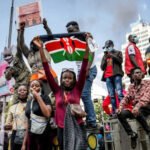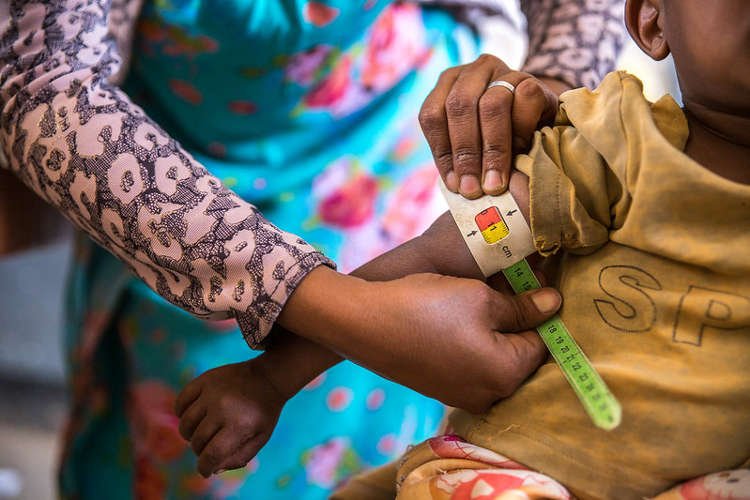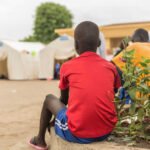The rising levels of malnutrition among children in Borno, Adamawa, and Yobe, as highlighted by the United Nations International Children’s Emergency Fund (UNICEF), are a significant concern that calls for prompt action.
Development Diaries reports that approximately 2.8 million children under five and pregnant and lactating women (PLWs) need preventative nutrition services.
It is understood that roughly 1.7 million boys, girls, women, and adolescents in the three states were projected to experience acute malnutrition in 2024 if they did not get high-quality preventative treatments.
These states have been severely affected by conflict and displacement, leading to disrupted livelihoods and limited access to essential services such as health care, clean water, and nutrition.
The rising rates of malnutrition are not only a sign of the region’s larger socioeconomic problems, but they may also be a sign of children’s long-term developmental deficiencies, which might make the states’ already severe poverty and inequality worse.
The Nigerian government needs to prioritise this crisis by enhancing its response mechanisms at both national and state levels.
Immediate actions should include scaling up nutrition-specific interventions. Additionally, strengthening the healthcare infrastructure in these regions to ensure that malnourished children can access treatment promptly is crucial.
Beyond the immediate needs, the government should work on restoring and improving food security through agricultural support, social protection programmes, and economic empowerment initiatives for affected families.
The Ministry of Humanitarian Affairs and Poverty Alleviation needs to take immediate action like the implementation of social protection measures to cushion vulnerable families from economic shocks.
Also, there is the need to scale up nutrition-specific interventions, such as the distribution of therapeutic foods and micronutrient supplements, alongside nutrition-sensitive programmes that tackle the root causes of malnutrition.
Furthermore, ensuring that internally displaced persons (IDPs) and vulnerable communities have access to clean water, sanitation, and hygiene (WASH) services is crucial to preventing the spread of diseases that can worsen malnutrition.
Development Diaries calls on the ministry to work closely with international organisations, including UNICEF, to ensure that all humanitarian efforts are coordinated, avoiding duplication and maximising resources.
Photo source: UNICEF Ethiopia






